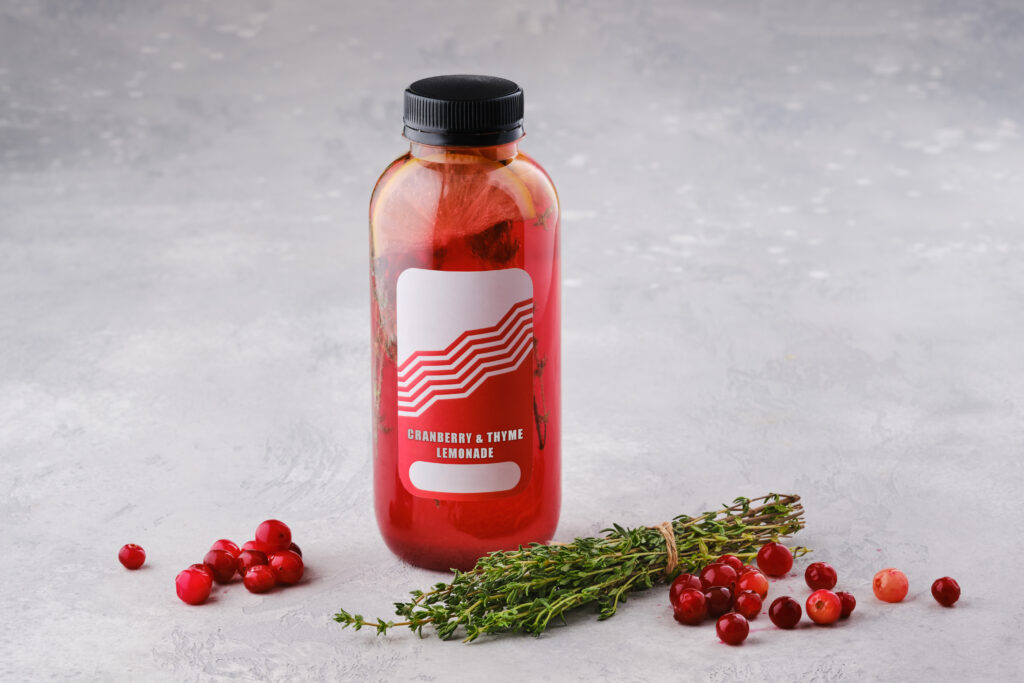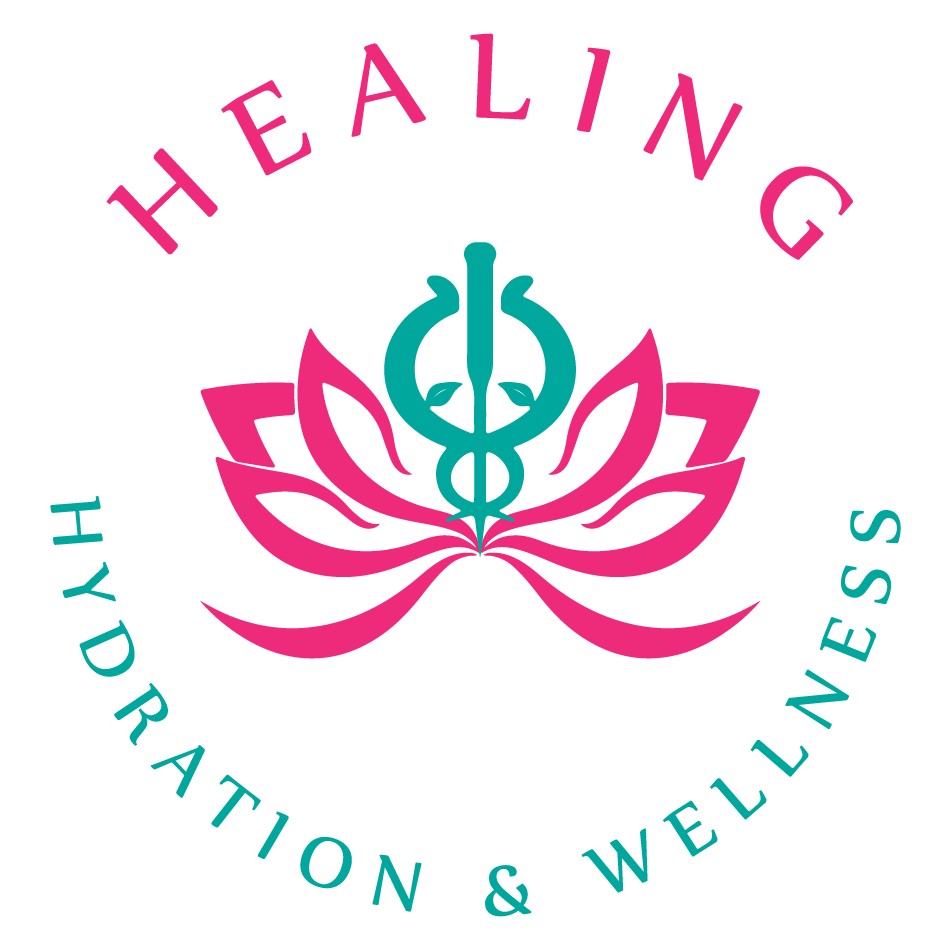Vitamin water has gained popularity as a convenient way to stay hydrated while supplementing essential vitamins and minerals. Marketed as a healthier alternative to soda and traditional sports drinks, vitamin water is often perceived as a beneficial choice for those looking to boost their nutrient intake. However, is vitamin water truly good for you, or is it just another marketing ploy? Understanding its ingredients, benefits, and potential drawbacks is essential in determining whether it deserves a place in your diet.

What Is Vitamin Water?
Vitamin water is a type of flavored water that contains added vitamins, minerals, and, in some cases, electrolytes. It is often marketed as a functional beverage, meaning it provides more than just hydration. Some varieties also contain herbal extracts, antioxidants, and other compounds that claim to enhance energy levels, improve immune function, or promote overall well-being. These drinks are widely available and come in various flavors, making them an attractive option for those who struggle with drinking plain water.

Nutritional Content of Vitamin Water
While vitamin water may seem like a healthy choice, its nutritional composition varies depending on the brand and formulation. Many vitamin water products contain essential vitamins such as B vitamins (B3, B5, B6, and B12), vitamin C, and sometimes vitamin E. Some versions also include electrolytes like potassium, magnesium, and calcium, which can be beneficial for replenishing lost minerals after exercise.
However, one major concern with many these water brands is their sugar content. Some contain as much sugar as a can of soda, with around 20 to 30 grams per bottle. This added sugar can contribute to weight gain, blood sugar spikes, and an increased risk of developing conditions like type 2 diabetes and metabolic syndrome. Some brands offer sugar-free versions sweetened with artificial or natural sugar substitutes like stevia or erythritol, which may be a better option for those looking to avoid excess sugar intake.

Potential Health Benefits
Vitamin water may offer certain benefits, especially for individuals with specific nutrient deficiencies or increased hydration needs. The added vitamins and minerals can contribute to meeting daily nutritional requirements, particularly for those who have trouble getting enough from food alone. B vitamins, for example, play a crucial role in energy production and brain function, while vitamin C supports the immune system and acts as an antioxidant.
For athletes or those engaging in intense physical activity, water with electrolytes may aid in rehydration and mineral replenishment, reducing the risk of dehydration-related fatigue and muscle cramps. Some formulas also contain herbal extracts and antioxidants, which may offer additional health benefits, though more research is needed to confirm their effectiveness.

Potential Drawbacks and Concerns
Despite its potential benefits, vitamin water is not without its downsides. One of the biggest concerns is the high sugar content found in many varieties. Excessive sugar consumption is linked to numerous health issues, including obesity, heart disease, and insulin resistance. If this water is consumed frequently, it can contribute to an unhealthy diet, negating any potential benefits from added vitamins.
Another concern is the misconception that vitamin water can replace a balanced diet. While it may provide supplemental nutrients, it does not offer the same benefits as consuming whole foods rich in vitamins and minerals. Relying on this water for nutrition can lead to imbalances and deficiencies in other essential nutrients.
Some vitamin water products also contain artificial flavors, preservatives, and food colorings, which may not be ideal for those seeking a more natural beverage. Additionally, consuming excessive amounts of certain vitamins, such as B6 and niacin, can lead to toxicity over time, particularly if combined with a diet already rich in these nutrients.
Vitamin Water vs. Other Hydration Options
When comparing vitamin water to other hydration options, it is important to consider individual needs and health goals. Plain water remains the best and most natural choice for hydration, as it contains no added sugars or artificial ingredients. For those looking for a flavored alternative, infused water with fresh fruits, herbs, and vegetables can provide a refreshing taste without unnecessary additives.
Sports drinks and electrolyte beverages may be more suitable for athletes engaging in prolonged or high-intensity exercise, as they are specifically designed to replenish lost electrolytes. However, for the average person, these drinks may be unnecessary and contribute to excessive calorie and sugar intake.
Coconut water is another natural alternative that provides hydration along with electrolytes like potassium and magnesium, making it a good choice for post-workout recovery. Herbal teas and flavored sparkling water can also be healthier alternatives to this water while still offering taste variety.

Should You Drink Vitamin Water?
Whether or not water is a good choice depends on individual dietary habits, health goals, and lifestyle. If you struggle to meet your vitamin and mineral needs, a fortified beverage may provide some benefits, but it should not be relied upon as a primary nutrient source. Choosing sugar-free varieties or those with minimal added sugars can help mitigate some of the potential health risks.
For those looking for a healthier way to stay hydrated, drinking plain water and consuming a balanced diet rich in whole foods remains the best approach. If you enjoy water, moderation is key. Reading labels and being mindful of ingredients can help ensure that it aligns with your overall health and wellness goals.
Conclusion
Vitamin water can be a convenient way to boost hydration and supplement certain nutrients, but it is not without its drawbacks. The high sugar content in many varieties raises concerns about its impact on overall health, and relying on it as a primary nutrient source is not advisable. While it may offer some benefits, it is essential to consider healthier hydration options such as plain water, infused water, or natural electrolyte-rich beverages. Ultimately, making informed choices and maintaining a balanced diet is the best way to achieve optimal health and wellness.
